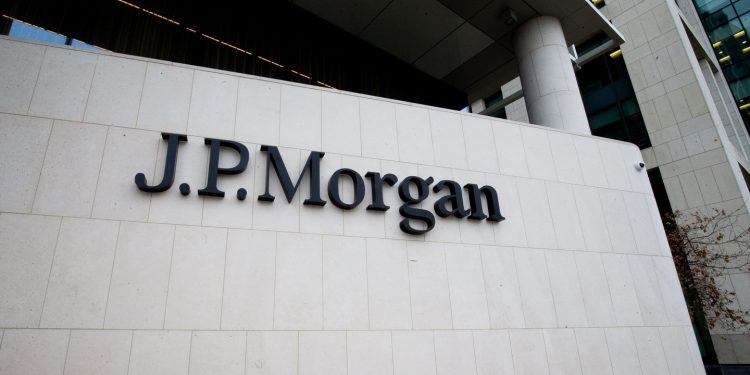Nigeria’s economic challenges have been under scrutiny, and a new prediction from JP Morgan is casting a spotlight on the country’s inflation trajectory. The global financial service firm has issued a warning, estimating that headline inflation could surge to a substantial 28% by the close of 2023.
JP Morgan’s Inflation Outlook
JP Morgan, a reputable financial institution, has recently voiced concerns about Nigeria’s inflation outlook. The bank’s analysts have projected that the headline inflation rate in the country could reach as high as 28% by the end of the year. This prediction comes as a potential cause for worry in an already complex economic landscape.
JP Morgan’s Insightful Comment
In its latest report on Nigeria titled “Nigeria: Reform pause rather than fatigue,” JP Morgan delved into the factors contributing to their inflation projection. The report states:
“Based on partial information from the audited financial accounts, we estimate that CBN’s net FX reserves were around US$3.7bn at the end of last year, from US$14.0bn at the end-2021.”
The bank’s analysts point out that larger currency swaps and borrowings against the FX reserve have led to the lower-than-reported FX reserve figures.
Factors Driving Inflation
A confluence of factors has contributed to the escalation of inflation in Nigeria. The continued increase in food prices remains a major driver, resulting from supply chain disruptions, rising production costs, and inadequate food supply.
Furthermore, currency fluctuations, oil price volatility, and structural inefficiencies have further fuelled the inflationary pressures.
Economic Implications
The surge in inflation has far-reaching implications for Nigerians, affecting their purchasing power and overall standard of living. The high inflation rate reduces consumers’ ability to afford essential goods and services, impacting household budgets and raising concerns about financial stability.
The business environment also faces uncertainty, as companies grapple with pricing strategies and the need to maintain competitiveness. This by extension reduces the purchasing power of the populace.
Policy Measures and the Path Forward
The Nigerian government and the Central Bank are working to implement strategies to mitigate the impact of rising inflation. The balance between inflation control and welfare considerations is paramount in these efforts.
Decisions such as postponing certain reforms, including fuel subsidy removal, reflect the government’s cautious approach to maintaining economic equilibrium.
JP Morgan’s Warning & Recommendations
JP Morgan’s projection of potential 28% headline inflation emphasizes the urgency of effective policy intervention and sound economic management. The financial institution’s insights serve as a call to action for policymakers to implement prudent measures to curb inflation while safeguarding economic stability and public welfare.
JP Morgan’s prediction of a possible 28% headline inflation rate in Nigeria by the end of 2023 is a stark reminder of the challenges that lie ahead. The collaboration between government institutions, financial experts, and citizens will be crucial in managing inflation’s impact on the nation’s economy.
Effective policies and measures will play a pivotal role in restoring economic stability and ensuring the well-being of Nigerian citizens in the face of an evolving global economic landscape.












